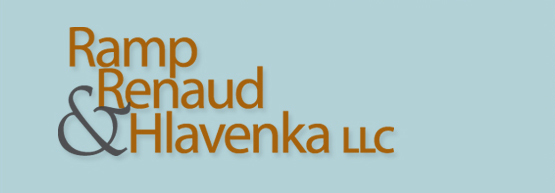While we all expect fair treatment from those with whom we interact, many of us have had the negative experiences of breached contracts, accidents with uninsured motorists, or the purchase of a product that was defective. It is natural to become frustrated when basic expectations are not met and to want to have an unsatisfactory situation corrected. In many of these cases, the other party has a different viewpoint of their culpability.
Clients frequently approach me with disputes concerning either the exchange of goods and services or compensation for property damage. Many people, when in one of the situations I have described, try to reason with the party with whom they have a dispute. People adopt this approach because of its apparent rationality and simplicity; these factors contribute to its success. Unfortunately, not all individuals or businesses are receptive: some will refuse to admit to and rectify a wrongdoing. When informal dialogues fail, some people hire an attorney to help resolve their problem. Others, if the monetary amount in dispute is not substantial, choose to use the Small Claims Court.
Small Claims Courts only hear cases in which the disputed amount does not exceed a certain monetary limit. These limits vary from state to state. Small Claims Court procedures also allow the judges’ law clerks to mediate disputes between the parties and eliminate the need for a trial. The law clerks’ mediations are generally successful, but when they are not, the judge will try the case.
Sometimes trials are unavoidable because the other side is being so unreasonable. There are risks when going to trial. The possibility of losing what one could have obtained by settling the case is always a concern. At a trial the parties testify, call witnesses to testify, and introduce evidence so that the judge can make a fair and just decision. The judge will then apply the appropriate law to the facts and evidence in order to arrive at the correct result. — Frank Hlavenka




